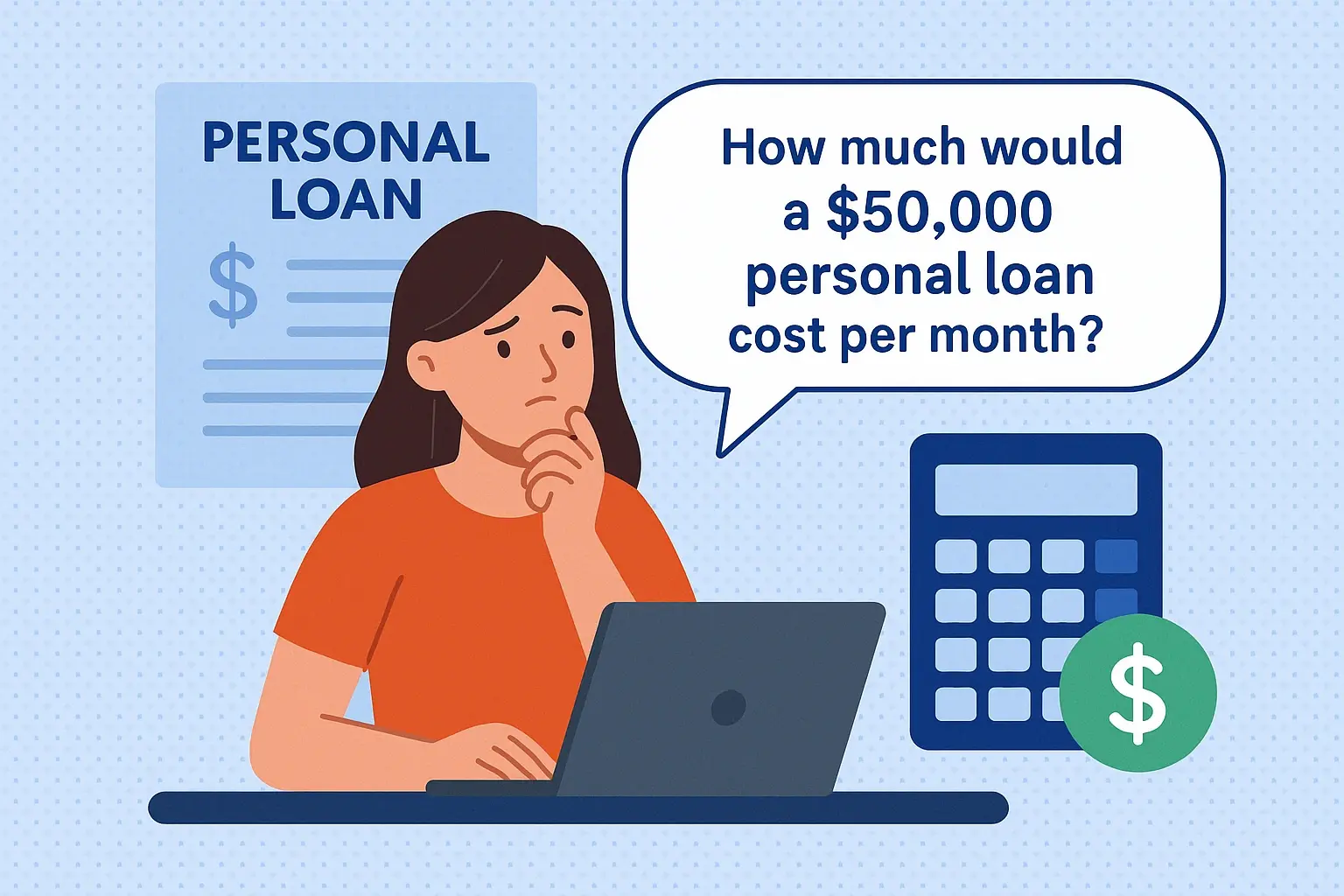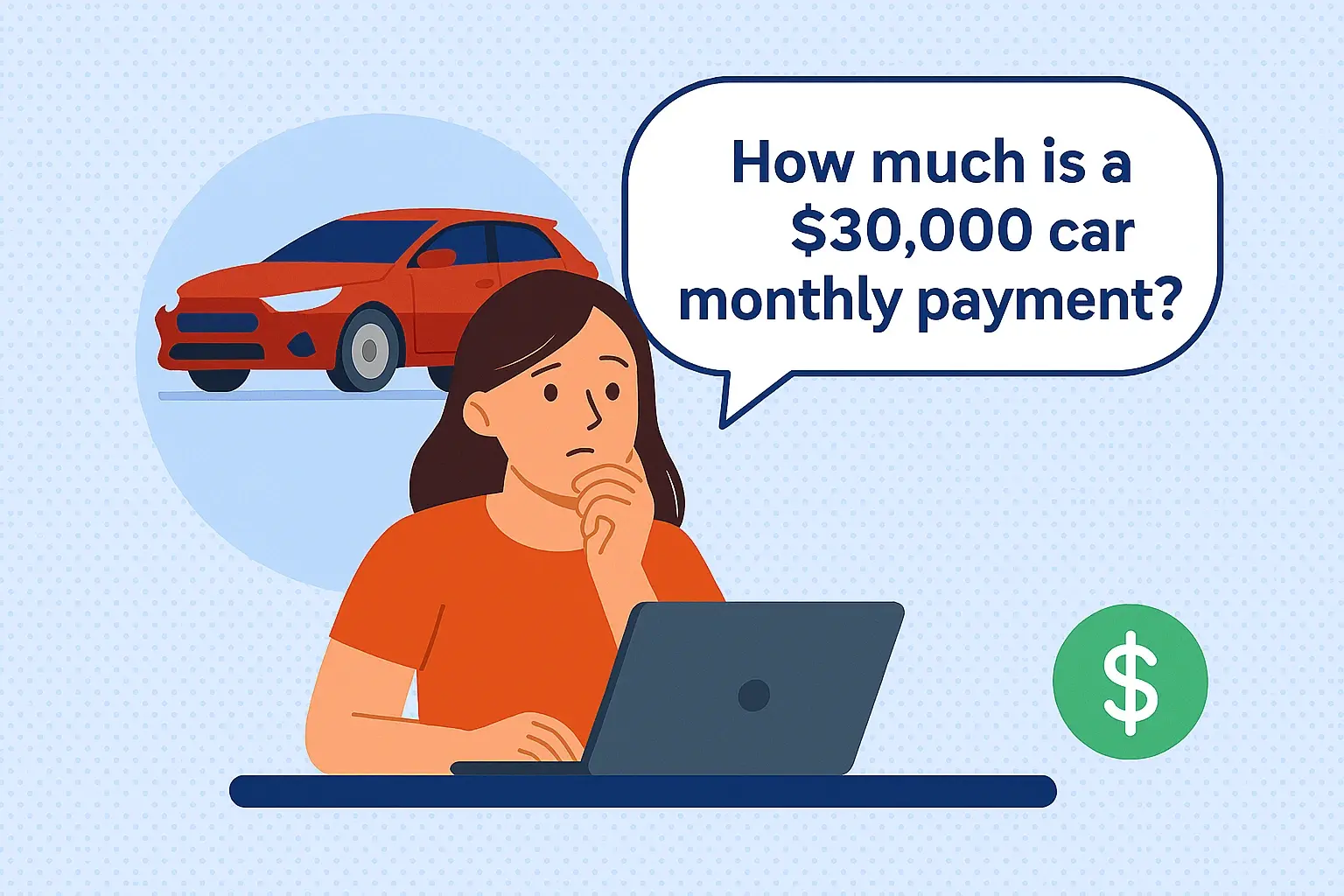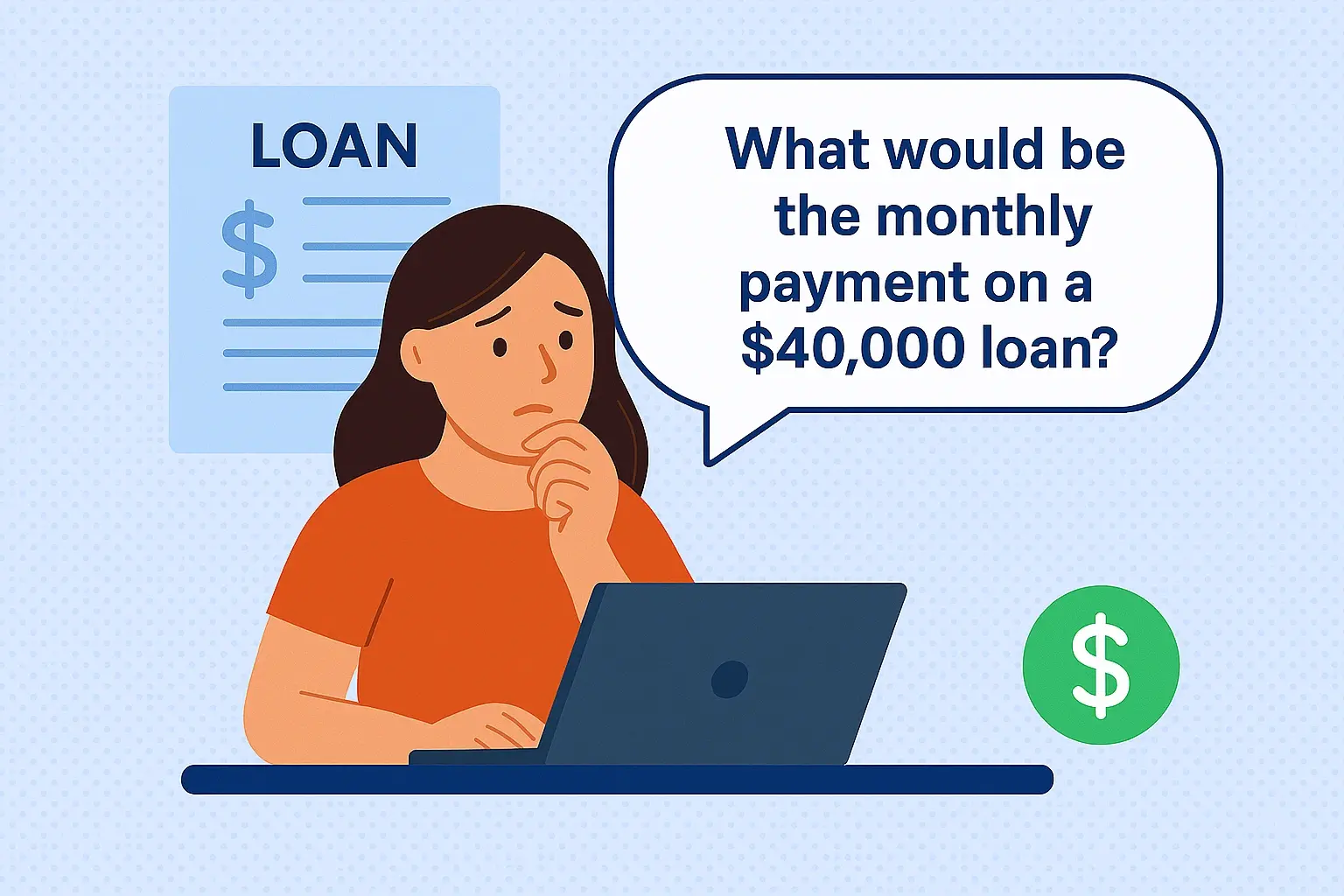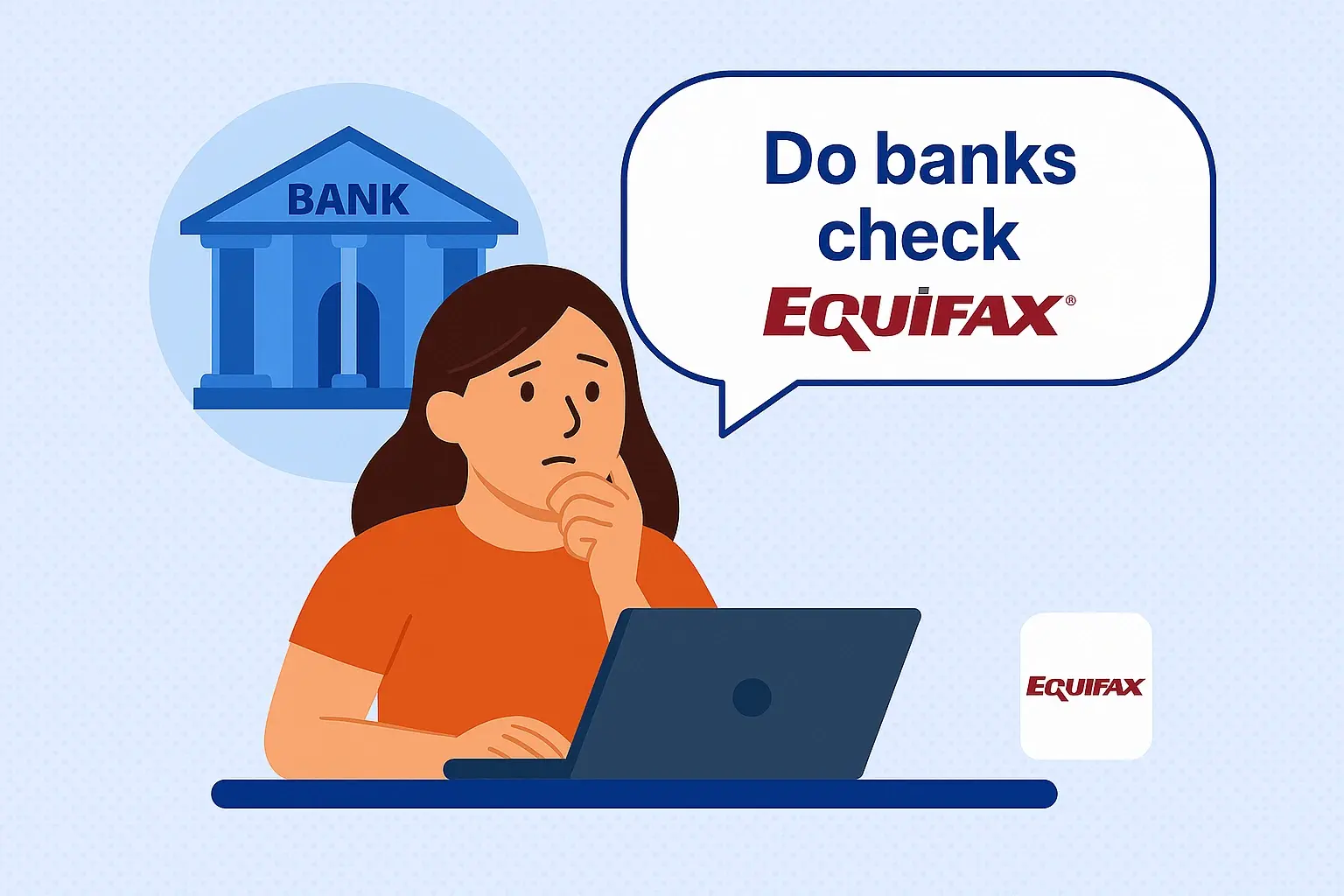-
Posted on: 01 Jun 2023

-
Dealing with overwhelming debt can feel like an insurmountable challenge. If you're struggling to keep up with payments, you may have heard about debt settlement as a potential solution. This comprehensive guide will break down how debt settlement works, its potential benefits and risks, and help you determine if it's the right option for you. We'll cover everything from negotiation strategies to the impact on your credit score, providing you with the information you need to make an informed decision.
What is Debt Settlement?
Debt settlement, also known as debt negotiation, is a process where you or a debt settlement company negotiate with your creditors to reduce the amount you owe. The goal is to convince your creditors to accept a lump-sum payment that is less than the total outstanding balance. This is typically done by arguing that you are experiencing financial hardship and are unable to repay the debt in full.
It's crucial to understand that debt settlement is not a quick fix and involves certain risks. It requires discipline, patience, and a thorough understanding of the process. Furthermore, not all debts are eligible for settlement.
Eligible Debts for Settlement
Debt settlement is generally most effective for unsecured debts. These are debts that are not backed by collateral, meaning the lender cannot seize an asset if you fail to pay. Common examples of unsecured debts suitable for settlement include:
- Credit card debt
- Personal loans
- Medical bills
- Collection accounts
Secured debts, such as mortgages and car loans, are generally not suitable for debt settlement because the lender has the right to repossess the asset if you default. Trying to settle these types of debts can lead to foreclosure or repossession.
The Debt Settlement Process: A Step-by-Step Guide
The debt settlement process typically involves the following steps:
1. Assessment and Consultation
The first step usually involves a consultation with a debt settlement company or a financial advisor. They will assess your financial situation, including your income, expenses, and the amount of debt you owe. They will then determine if debt settlement is a viable option for you and explain the potential risks and benefits. Some companies may charge a fee for this consultation, while others offer it for free. Be sure to ask about fees upfront.
2. Building a Savings Fund
A key component of debt settlement is accumulating a lump sum of money to offer to your creditors. This is because creditors are more likely to agree to a settlement if they believe you have the funds readily available. You'll typically need to set up a dedicated savings account and make regular contributions to it. The amount you need to save will depend on the total amount of your debt and the expected settlement percentage.
3. Ceasing Payments to Creditors
This is a controversial but common aspect of the debt settlement process. To demonstrate financial hardship and potentially increase the likelihood of a settlement, you'll likely be advised to stop making payments to your creditors. This will inevitably lead to late fees, penalties, and a negative impact on your credit score. It's crucial to understand this consequence before proceeding.
4. Negotiation with Creditors
Once you have a sufficient amount of money saved, the negotiation process begins. This involves contacting your creditors and attempting to negotiate a settlement agreement. You or the debt settlement company will present your case, explaining your financial hardship and offering a lump-sum payment as settlement in full. The negotiation process can take time and may involve multiple rounds of offers and counteroffers. Creditors are not obligated to accept your offer.
5. Reaching a Settlement Agreement
If a creditor agrees to a settlement, you'll receive a written agreement outlining the terms, including the settlement amount, payment deadline, and any other relevant details. It's crucial to carefully review the agreement before signing it to ensure you understand all the terms and conditions. Specifically, check for clauses that waive your rights or absolve the creditor of any responsibility.
6. Making the Payment
Once you've signed the settlement agreement, you'll need to make the lump-sum payment to the creditor by the agreed-upon deadline. It's essential to ensure you have sufficient funds available to avoid breaching the agreement.
7. Repeat for Each Debt
The entire process, from negotiation to payment, must be repeated for each individual debt you're trying to settle. This can be a lengthy and demanding process, requiring patience and persistence.
Potential Benefits of Debt Settlement
Debt settlement offers several potential benefits, which make it an appealing option for some individuals struggling with debt:
- Reduced Debt: The primary benefit is the potential to reduce the total amount of debt you owe. You may be able to settle your debts for significantly less than the original balance.
- Faster Debt Relief: Compared to long-term repayment plans, debt settlement can provide a faster path to becoming debt-free.
- One-Time Payment: Settling a debt usually involves making a single, lump-sum payment, which can simplify your finances and provide peace of mind.
Potential Risks and Drawbacks of Debt Settlement
While debt settlement offers potential benefits, it's essential to be aware of the significant risks and drawbacks involved:
- Damage to Credit Score: Ceasing payments to creditors will severely damage your credit score, potentially making it difficult to obtain loans, credit cards, or even rent an apartment in the future. The negative impact can last for several years.
- Creditors May Sue: Creditors may pursue legal action to collect the full amount of the debt, especially if you stop making payments. This could lead to a judgment against you, wage garnishment, or even asset seizure.
- No Guarantee of Success: There's no guarantee that your creditors will agree to a settlement. They may refuse to negotiate or demand a settlement amount that you cannot afford.
- Tax Implications: The amount of debt forgiven through settlement may be considered taxable income by the IRS. You may receive a 1099-C form and be required to report the forgiven debt on your tax return. Consult with a tax professional for specific advice.
- Fees Charged by Debt Settlement Companies: Debt settlement companies typically charge fees for their services, which can add to the overall cost of debt relief. These fees are often a percentage of the total debt enrolled in the program. Be aware of these fees and how they are structured.
- Scams and Unreputable Companies: The debt settlement industry is prone to scams and unethical practices. It's crucial to research and choose a reputable company with a proven track record. Look for companies that are accredited by reputable organizations and avoid those that make unrealistic promises or charge excessive fees upfront.
Debt Settlement vs. Other Debt Relief Options
Debt settlement is just one of several debt relief options available. It's crucial to compare it with other options to determine which is the best fit for your individual circumstances.
Debt Consolidation
Debt consolidation involves taking out a new loan to pay off multiple existing debts. This can simplify your finances by combining multiple payments into a single payment. However, you'll still be responsible for repaying the full amount of the debt, plus interest. Debt consolidation can be a good option if you have a good credit score and can qualify for a low-interest loan.
Debt Management Plan (DMP)
A debt management plan is a structured repayment plan offered by credit counseling agencies. You'll work with a counselor to develop a budget and negotiate lower interest rates with your creditors. You'll then make a single monthly payment to the agency, which distributes the funds to your creditors. DMPs can be a good option if you need help managing your finances and want to repay your debts in full over a longer period.
Bankruptcy
Bankruptcy is a legal process that can discharge certain types of debt. It's generally considered a last resort, as it has a significant negative impact on your credit score. However, it can provide a fresh start for individuals who are overwhelmed by debt. There are different types of bankruptcy, each with its own requirements and consequences. Consult with a bankruptcy attorney to determine if it's the right option for you.
Choosing a Debt Settlement Company
If you decide to pursue debt settlement, choosing the right company is crucial. Here are some factors to consider:
- Reputation: Research the company's reputation online and check for complaints with the Better Business Bureau and other consumer protection agencies.
- Accreditation: Look for companies that are accredited by reputable organizations, such as the International Association of Professional Debt Arbitrators (IAPDA).
- Fees: Understand the company's fee structure and how they are calculated. Avoid companies that charge excessive fees upfront.
- Transparency: Choose a company that is transparent about its processes and provides clear and honest information about the potential risks and benefits of debt settlement.
- Customer Service: Evaluate the company's customer service and ensure they are responsive to your questions and concerns.
Alternatives to Debt Settlement
Before committing to debt settlement, consider exploring alternative debt relief options. These may include:
- Budgeting and Expense Reduction: Creating a budget and reducing your expenses can free up more money to pay down your debts.
- Negotiating Directly with Creditors: You can try negotiating with your creditors yourself to lower your interest rates or set up a repayment plan.
- Seeking Credit Counseling: Credit counseling agencies can provide guidance and support to help you manage your debt and improve your financial situation.
Making an Informed Decision
Debt settlement can be a viable option for some individuals struggling with overwhelming debt, but it's crucial to understand the potential risks and benefits before making a decision. Carefully consider your financial situation, explore all available options, and seek professional advice from a financial advisor or credit counselor. A well-informed decision is key to achieving long-term financial stability.










